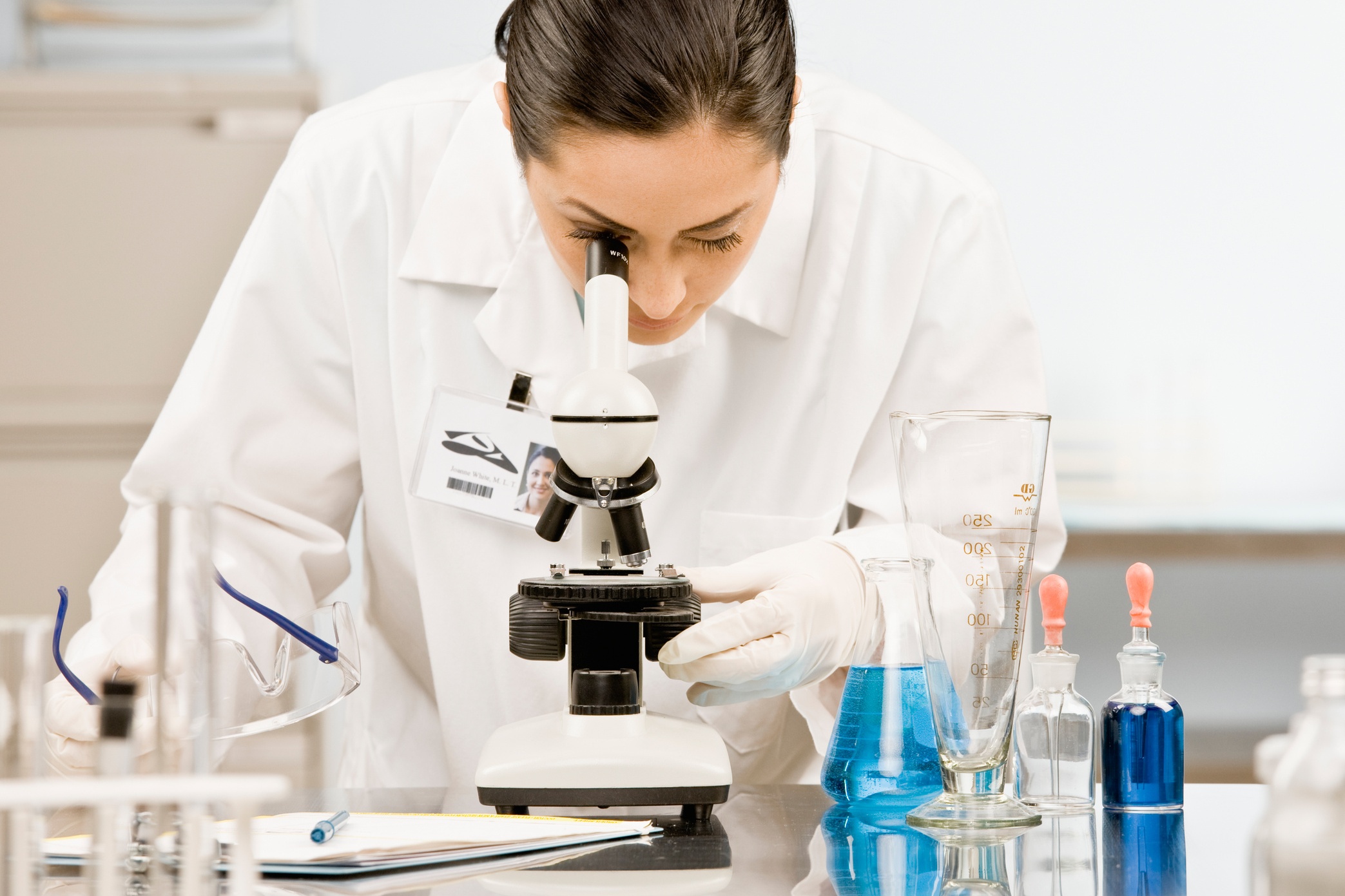IBM discovers self-healing polymer stronger than bone
Newly discovered chemical compound is stronger than human bones

IBM scientists have discovered a polymer which they believe has the capability to revolutionise manufacturing in the transport, aerospace and micro-electronics industries.
Dubbed PHT, the polymer is resistant to cracking, stronger than bone, capable of self-healing and completely recyclable. Adding the polymer into existing materials, says Big Blue, will increase their strength by 50 per cent.
Polymers are a key part of everyday life. The chemical compound is used in thousands of items like plastic bottles, paints and food packaging as well as forming important components in cars and aeroplanes. PHT, say the IBM scientists, is much stronger than any polymer currently in use. It has the strength of metal while remaining lightweight.
In order to accelerate the creation process of the material, IBM scientists used "computational chemistry", coupling lab experiments with high-performance computing in order to model the new polymers as they formed.
James Hendrick, advanced organic materials scientist at IBM Research, said: "We're now able to predict how molecules will respond to chemical reactions and build new polymer structures with significant guidance from computation that facilitates accelerated materials discovery."
"New materials innovation is critical to addressing major global challenges, developing new products and emerging disruptive technologies,"
Despite this, PHT was discovered by accident. A scientist when creating a polymer already known to have high tensile strength forgot to input an ingredient.
Get the ITPro daily newsletter
Sign up today and you will receive a free copy of our Future Focus 2025 report - the leading guidance on AI, cybersecurity and other IT challenges as per 700+ senior executives
The most unexpected property of materials created with the polymer is their ability to self-heal. Pieces that have been severed, when placed next to one another, re-create their previous bonds within seconds. IBM says that this would be especially useful in the production of adhesive gels, which could be used to repair expensive semiconductors and other small electronics.
"We think this is going to have a huge effect," Hedrick added.
-
 Cleo attack victim list grows as Hertz confirms customer data stolen
Cleo attack victim list grows as Hertz confirms customer data stolenNews Hertz has confirmed it suffered a data breach as a result of the Cleo zero-day vulnerability in late 2024, with the car rental giant warning that customer data was stolen.
By Ross Kelly
-
 Lateral moves in tech: Why leaders should support employee mobility
Lateral moves in tech: Why leaders should support employee mobilityIn-depth Encouraging staff to switch roles can have long-term benefits for skills in the tech sector
By Keri Allan
-
 Put AI to work for IT operations
Put AI to work for IT operationswhitepaper Reduce the cost and complexity of managing hybrid applications
By ITPro
-
 AI in the retail industry is spreading beyond the IT department
AI in the retail industry is spreading beyond the IT departmentNews AI has become a strategic imperative for retailers, delivering marked productivity gains
By Emma Woollacott
-
 Maximizing contact center operations with generative AI assistants backed by responsible AI principles
Maximizing contact center operations with generative AI assistants backed by responsible AI principleswhitepaper Reduce the cost and complexity of managing hybrid applications
By ITPro
-
 IBM just launched powerful new open source AI models – here’s what you need to know
IBM just launched powerful new open source AI models – here’s what you need to knowNews Available under the Apache 2.0 license, IBM's Granite 3.0 models are trained on enterprise data and can out-perform the competition
By Emma Woollacott
-
 Achieving business outcomes with generative AI
Achieving business outcomes with generative AIWebinar Take your hybrid cloud journey to the next level with generative AI
By ITPro
-
 Wimbledon’s new Catch Me Up AI feature promises to keep fans up to date at the tournament – after it irons out some of the wrinkles
Wimbledon’s new Catch Me Up AI feature promises to keep fans up to date at the tournament – after it irons out some of the wrinklesNews The latest feature to come out of IBM’s partnership with Wimbledon will keep fans engaged from the early stages right through to the final with dynamic player insights
By Solomon Klappholz
-
 AI demands new ways of data management
AI demands new ways of data managementwhitepaper The data leader’s guide for how to leverage the right databases for applications, analytics and generative AI
By ITPro
-
 AI governance for responsible transparent and explainable AI workflows
AI governance for responsible transparent and explainable AI workflowswhitepaper Build greater trust in your AI
By ITPro